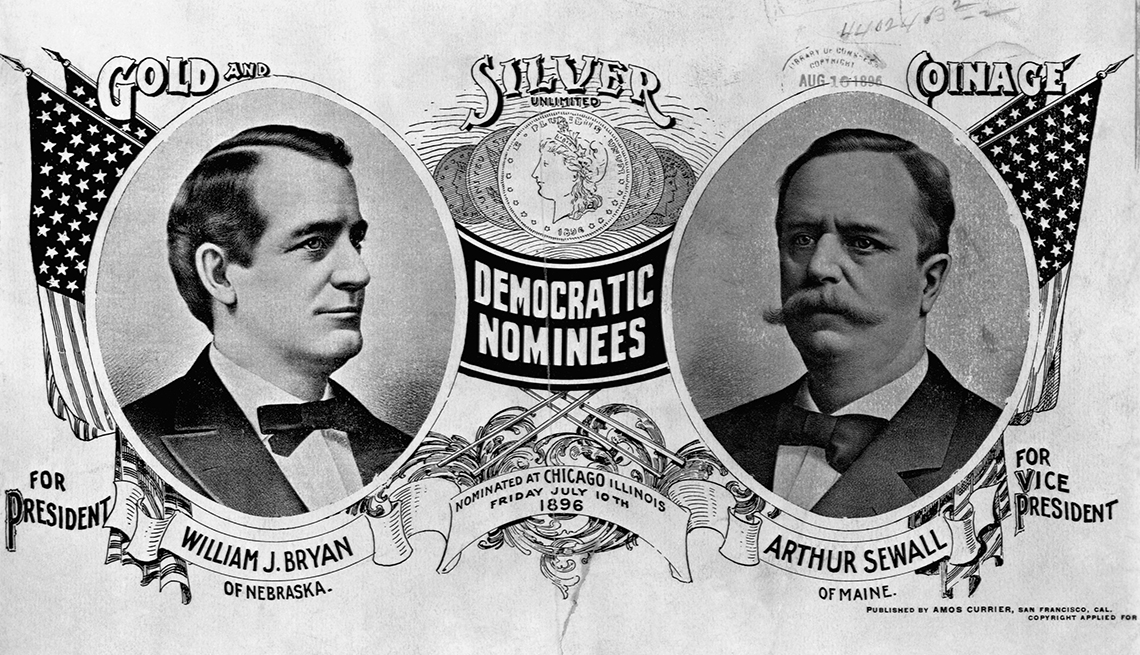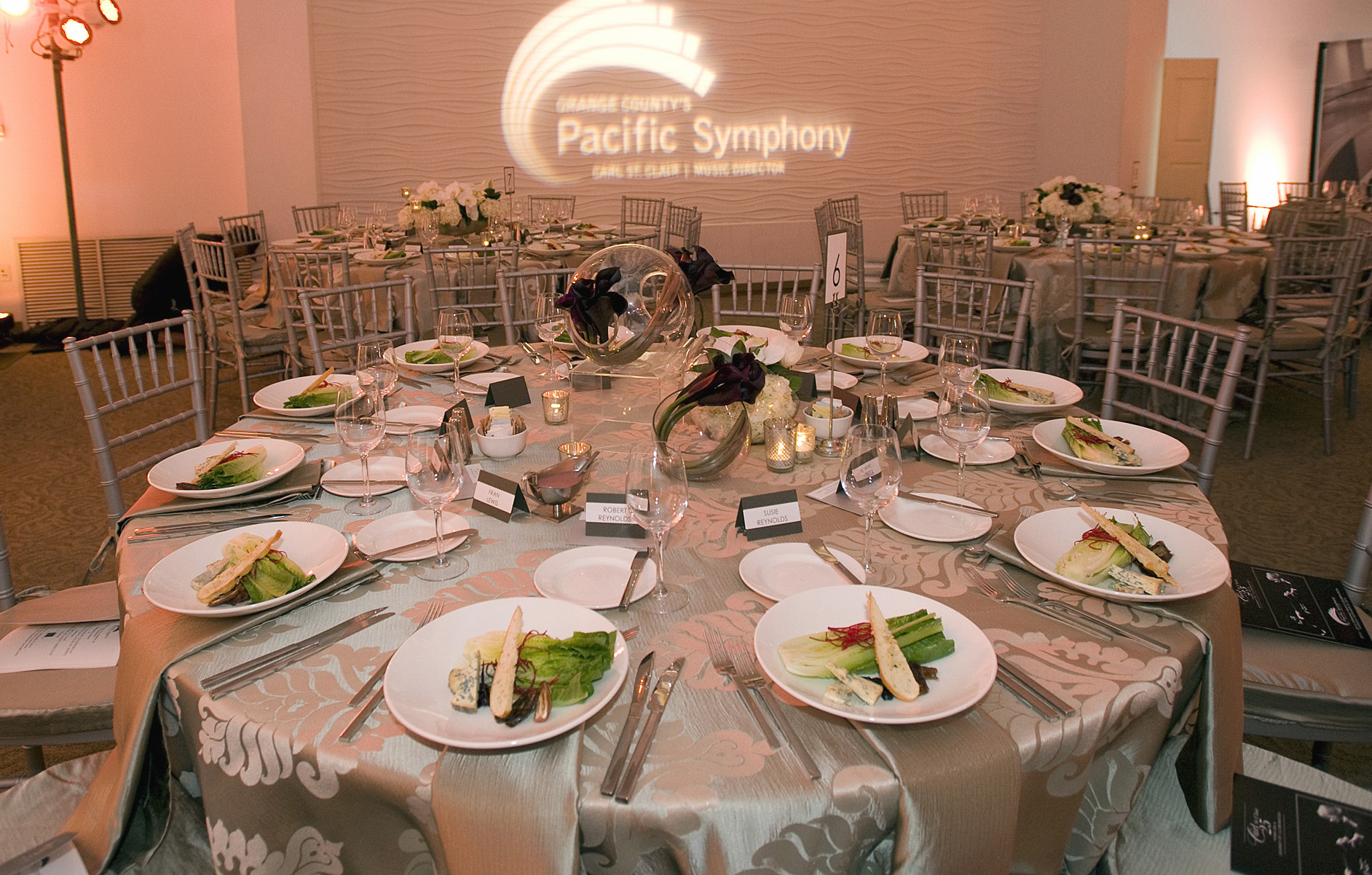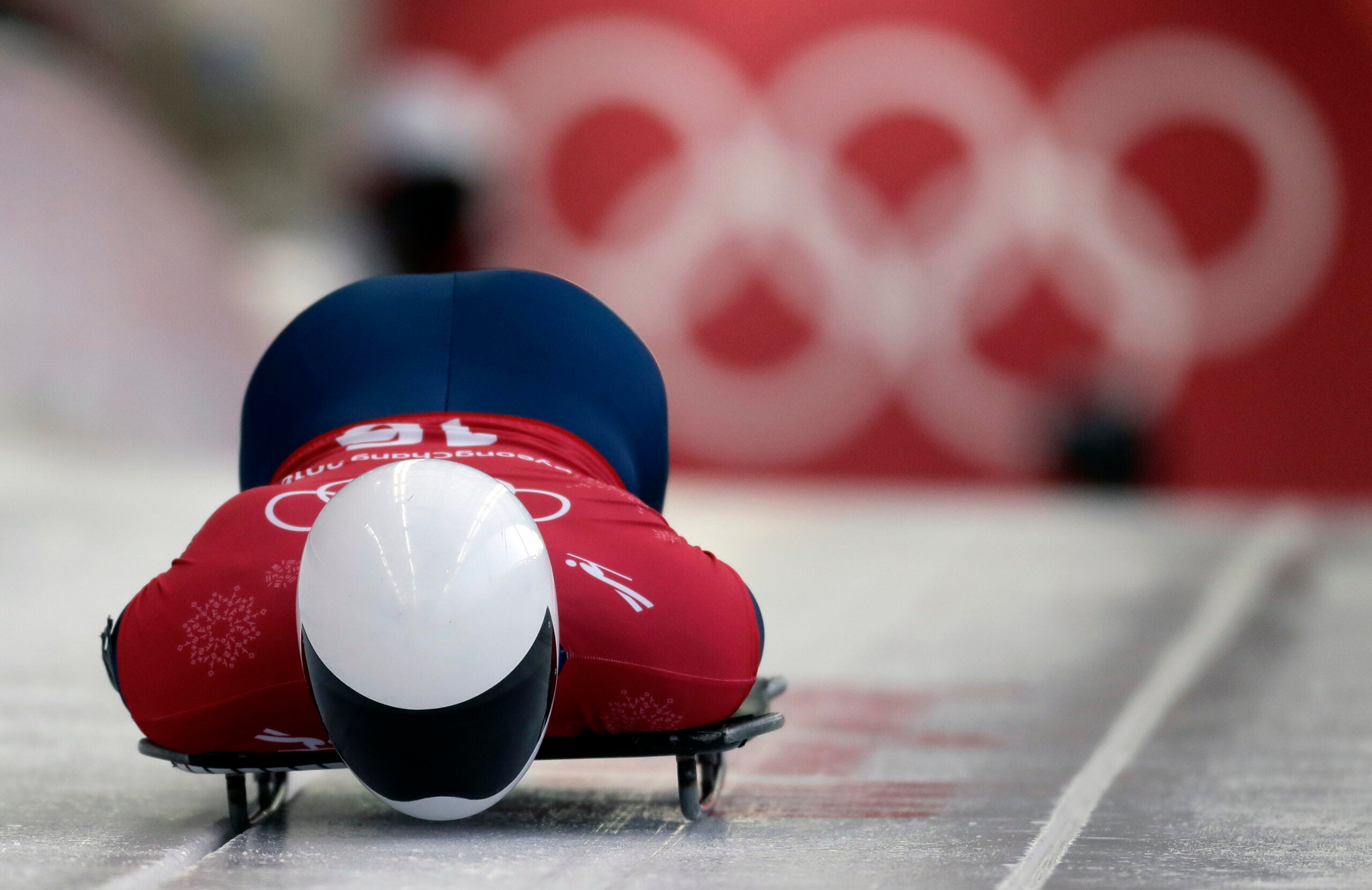
- Select a language for the TTS:
- UK English Female
- UK English Male
- US English Female
- US English Male
- Australian Female
- Australian Male
- Language selected: (auto detect) - EN
Play all audios:
* Corbis 1896 William Jennings Bryan's thunderous speech against the gold standard catapults him to the head of the pack of candidates for the nomination in Chicago, which he wins on
the fifth ballot. His "Cross of Gold" speech is widely regarded as the greatest ever given at a political convention. Radio Diaries: The Speech That Changed Politics 1 of 10 *
Bettmann/Corbis 1924 It takes nine days and 103 ballots in New York for the Democrats to settle on a nominee (John W. Davis of West Virginia, a former member of Congress and former
ambassador to Great Britain), making it the longest continuously running political convention in U.S. history. 2 of 10 * Louis Van Oeyen/Western Reserve Historical Society/Getty Images 1932
New York Gov. Franklin D. Roosevelt flies from Albany to Chicago and becomes the first candidate to accept a major party's presidential nomination in person. His acceptance speech
contains this famous promise: "I pledge you, I pledge myself, to a New Deal for the American people." 3 of 10 * Bettmann/Corbis 1948 In clear defiance of Southern party leaders,
Senate candidate and Minneapolis Mayor Hubert H. Humphrey delivers a speech in Philadelphia in support of racial integration, leading to a walkout by delegates who would three days later
form the States' Rights Democratic Party, known as the Dixiecrats. Humphrey's actions helped get a civil rights plank added to the party's platform. 4 of 10 * RHS/AP Photo
1960 U.S. Sen. John F. Kennedy of Massachusetts accepts his party's nomination on live television from the Los Angeles Memorial Coliseum. "The New Frontier is here whether we seek
it or not," he says, in language that will become famous. "Beyond that frontier are uncharted areas of science and space, unsolved problems of peace and war, unconquered problems
of ignorance and prejudice, unanswered questions of poverty and surplus." 1960 Democratic Convention 5 of 10 * Bettmann/Corbis 1968 Fueled by outrage over the Vietnam War policies of
President Lyndon Johnson, riots erupt outside the party's convention in Chicago, and the police reaction to protesters draws condemnation inside the convention hall and all over the
world. 1968 Democratic Convention 6 of 10 * Owen Franken/Corbis 1972 George McGovern accepts his party's nomination in Miami Beach with a speech he delivers at 2 in the morning, leaving
the Democrats with no rallying message and no post-convention "bounce." McGovern goes on to lose every state but Massachusetts, also winning D.C. 7 of 10 * Bettmann/Corbis 1976
Barbara Jordan, an African American congresswoman from Texas, delivers a stirring keynote speech in New York and becomes famous overnight. 8 of 10 * Charlie Neibergall/AP Photo 1980 Sen.
Edward Kennedy of Massachusetts, seeking to defeat the sitting president, fellow Democrat Jimmy Carter, takes his fight to the convention floor in New York's Madison Square Garden with
a challenge to the rule that binds delegates to a candidate. He loses badly but delivers an emotionally charged speech that was likely the greatest of his career — and that Carter would
partly blame for his eventual loss to Ronald Reagan. 9 of 10 * Charlie Neibergall/AP Photo 2004 A little-known Illinois state senator running for the U.S. Senate is offered the prime
speaking slot at the Democratic convention in Boston. Barack Obama's speech introduces him to America and sets the stage for his successful campaign for the presidency just four years
later. He says: "I stand here knowing that my story is part of the larger American story, that I owe a debt to all of those who came before me, and that, in no other country on earth,
is my story even possible." Obama at 2004 DNC Convention 10 of 10







